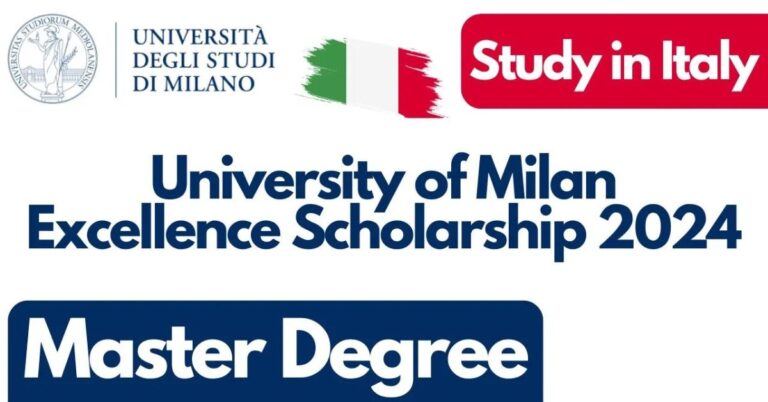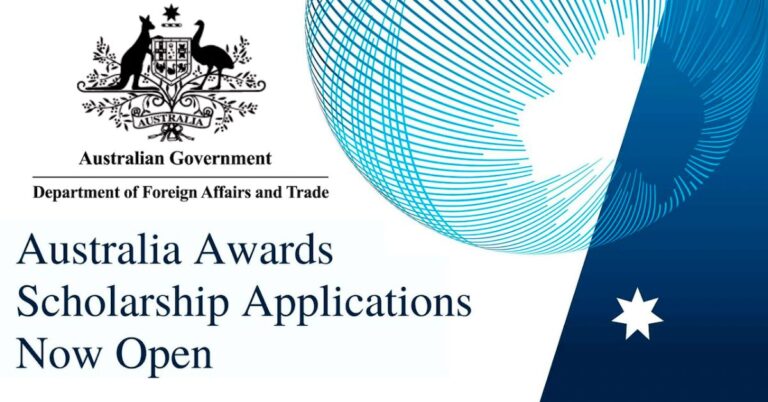BS MS and PhD Scholarships in Germany 2025-26 | Study Free in Germany
Germany is widely regarded as one of the top study destinations for international students. Known for its high-quality education, rich academic traditions, and no tuition fees at public universities for undergraduate and many postgraduate programs, Germany continues to attract students from all over the world. If you are considering pursuing a Bachelor’s (BS), Master’s (MS), or Doctorate (PhD) program in Germany in 2025-26, there are numerous scholarships and funding opportunities available to help you pursue your academic ambitions without the burden of heavy tuition costs. This article will guide you through the best scholarships and opportunities to study for free in Germany, along with tips on applying for these programs.
1. Why Study in Germany?
Before diving into the scholarships, it’s important to understand why Germany is such a popular destination for higher education:
- No Tuition Fees: Public universities in Germany generally do not charge tuition fees for undergraduate (BS) and many postgraduate (MS) programs. Students are only required to pay a nominal administrative fee, which covers costs for services like student unions, public transport, and campus amenities.
- High-Quality Education: Germany is home to some of the world’s top-ranked universities and research institutions. The country places a strong emphasis on research and development, particularly in fields such as engineering, technology, natural sciences, and economics.
- Cultural Experience: Studying in Germany provides international students with an opportunity to experience its rich culture, history, and lifestyle. Moreover, Germany’s central location in Europe makes it an ideal base for exploring the rest of the continent.
- Strong Job Market: Germany has one of the most robust economies in Europe, with many multinational corporations and startups offering career opportunities. Graduates from German universities are highly sought after for their practical skills and technical expertise.
2. Scholarships for BS, MS, and PhD Students in Germany
There are numerous scholarships available for international students planning to study in Germany. These scholarships are provided by various organizations, including the German government, universities, and private institutions. Below are some of the most prominent scholarship opportunities:
2.1 DAAD Scholarships (German Academic Exchange Service)
The DAAD (Deutscher Akademischer Austauschdienst) is Germany’s largest scholarship provider for international students. It offers a range of scholarships for BS, MS, and PhD students across various fields of study.
- DAAD Undergraduate Scholarships (BS): For students pursuing their Bachelor’s degree in Germany. DAAD offers financial assistance to cover living expenses, travel costs, and other essentials.
- DAAD Master’s Scholarships (MS): These scholarships are for postgraduate students pursuing a Master’s program at a German university. DAAD covers tuition fees (if applicable), living costs, and travel expenses.
- DAAD PhD Scholarships: For those pursuing a PhD in Germany, DAAD provides funding for living costs, research, and travel. PhD scholarships can last between three and four years, depending on the research project.
DAAD scholarships are highly competitive, and applicants must demonstrate academic excellence and a strong commitment to their field of study.
2.2 Erasmus Mundus Scholarships
Erasmus Mundus is a European Union-funded program that offers scholarships for Master’s and Doctoral studies. Although Erasmus Mundus primarily targets EU students, it also provides funding opportunities for students from third countries, including those wishing to study in Germany. The scholarships cover tuition fees, travel costs, and living allowances for the duration of the program. Erasmus Mundus programs are often collaborative and involve studying at multiple universities across Europe, including those in Germany.
2.3 Deutschlandstipendium (Germany Scholarship)
The Deutschlandstipendium is a merit-based scholarship provided by the German government to both German and international students. It offers financial support of €300 per month for students who demonstrate outstanding academic performance and social engagement. Students from all degree levels (BS, MS, and PhD) are eligible to apply, provided they meet the academic and personal requirements.
2.4 Heinrich Böll Foundation Scholarships
The Heinrich Böll Foundation offers scholarships to international students at all academic levels (BS, MS, and PhD) who wish to study in Germany. The scholarships are open to students pursuing courses in various fields, especially those related to sustainability, human rights, and social justice. The foundation provides a monthly stipend, along with other financial benefits such as travel allowances and support for living costs.
2.5 Konrad Adenauer Stiftung (KAS) Scholarships
The Konrad Adenauer Stiftung provides scholarships for students from developing countries who wish to pursue a Master’s or PhD in Germany. KAS offers financial support, including a monthly stipend for living expenses, health insurance, and travel costs. Additionally, the foundation supports students with personal and professional development opportunities during their studies.
2.6 Friedrich Ebert Stiftung Scholarships
The Friedrich Ebert Stiftung offers scholarships for international students pursuing their Master’s or PhD in Germany. The foundation supports students with excellent academic records and a commitment to social democracy. Scholarships cover living expenses, tuition fees (if applicable), and health insurance.
2.7 University-Specific Scholarships
Many German universities offer their own scholarships for international students. These scholarships vary by institution but typically cover living costs, travel allowances, and sometimes partial tuition fees. Some prominent universities with dedicated scholarship programs include:
- LMU Munich: Offers various scholarships for international students in undergraduate and postgraduate programs.
- Technical University of Munich (TUM): Provides scholarships for both local and international students, particularly in the fields of science and engineering.
- Heidelberg University: Offers support for international students through its own scholarship initiatives.
It’s important to check the official websites of universities to see what scholarship opportunities are available for your specific program.
2.8 Research Grants for PhD Students
Germany is known for its strong focus on research and innovation. Several research institutions, including the Max Planck Institute, Leibniz Association, and German Research Foundation (DFG), offer funding opportunities for PhD students. These grants are typically focused on specific research projects and are open to students from all over the world.
3. How to Apply for Scholarships in Germany?
The application process for scholarships in Germany can vary depending on the scholarship provider and the level of study. However, the general process involves the following steps:
- Choose a Program: Before applying for scholarships, you must first choose the degree program you want to pursue (BS, MS, or PhD) and identify the university offering that program.
- Check Eligibility: Each scholarship has its own eligibility requirements, including academic performance, nationality, and field of study. Make sure you meet the requirements before applying.
- Prepare Documents: Commonly required documents include:
- Academic transcripts and certificates
- Proof of language proficiency (usually in English or German)
- Letters of recommendation
- Curriculum Vitae (CV)
- Statement of Purpose or Research Proposal (for PhD applicants)
- Passport copy
- Health insurance (for students planning to study in Germany)
- Submit Application: Most scholarships require online application submissions, where you will need to upload the necessary documents and fill out the application forms.
- Interview/Selection Process: Some scholarships may require an interview or additional documentation as part of the selection process.
- Wait for Results: Once you’ve submitted your application, you will need to wait for the scholarship provider’s decision. If selected, you will be notified and provided with details about your scholarship and next steps.
4. Conclusion
Studying in Germany can be a life-changing experience, and with the availability of numerous scholarships, it is more accessible than ever before. Whether you are looking to pursue a Bachelor’s, Master’s, or PhD, there are ample opportunities to study for free in Germany, or at least with significant financial support. By applying for one or more of the scholarships mentioned in this article, you can take the first step towards achieving your academic and professional goals in one of the world’s most innovative and welcoming countries.
Make sure to start your application process well in advance and stay informed about the latest opportunities and deadlines. With persistence and dedication, you can make your dream of studying in Germany a reality in 2025-26.
For More Information: Visit Here
For More Information: Visit Here





